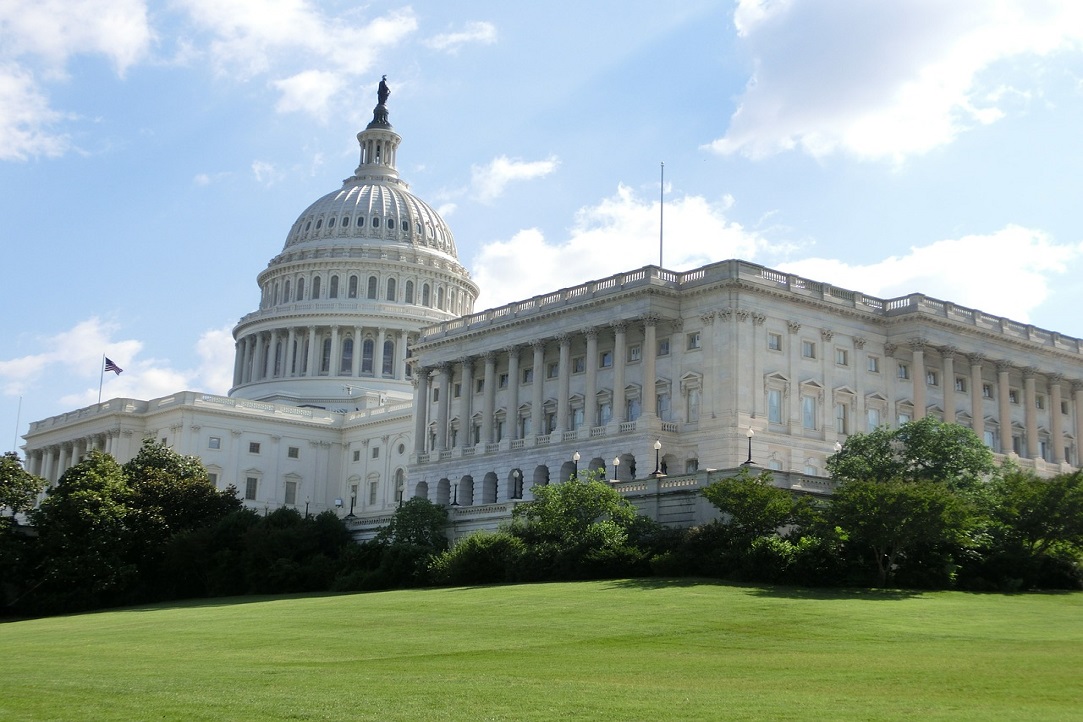
As it stands, the FCA currently grants anti-retaliation protections to any employees that file a qui tam suit. The FCA emboldens private citizens to file fraud claims against companies or organizations receiving government funds. The term “qui tam” means on behalf of the government. The proposed amendment would add the words “current or former” after the word “any” in the current US Code, meaning that protections will be extended to past and present employees of the company.
The bipartisan False Claims Amendment Act of 2021 sponsored by Senator Chuck Grassley (R-IA), would codify that companies could be punished if it is found that they are making it more difficult for whistleblowers to find work in a similar field, or by otherwise retaliating against former whistleblowers—a common occurrence, according to a joint statement from numerous whistleblower advocacy groups.
“The amendments put the world on notice that blackballing whistleblowers will no longer be tolerated,” the group wrote to Senator Dick Durbin (D-IL), a cosponsor, and Grassley. “We applaud your long-standing commitment to protecting whistleblowers.”
The Department of Justice won settlements and judgments worth more than $2.2 billion in FY2020 from cases involving fraud or false claims, with $1.6 billion coming solely from qui tam suits.
Shifting the Burden of Proof
Also included within the amendment is a provision that would shift the burden of proving “materiality” onto the defendant. All FCA suits must allege materiality, meaning that a federal contractor’s actions would likely affect whether it got paid by a U.S. agency.
“Whether armed guards have adequate marksmanship skills, for example, is material to payment decisions under a security services contract,” related Daniel Seiden for Bloomberg Law.
Universal Health Services v. United States ex rel. Escobar in 2016 held that a lawsuit could fail for lack of materiality if an agency continued to pay a contractor even if fraudulent conduct was ongoing. In shifting the burden of proof onto the defendant, the proposed amendment would make it far harder for defendants to defeat FCA claims by attacking the case’s element of materiality.
The bill also would require courts to order defendants to pay the government’s expenses, including costs and attorneys’ fees, for responding to discovery requests unless the defendant proves that the information it seeks is “relevant, proportionate to the needs of the case, and not unduly burdensome,” according to the amendment.
Grassley, who also led the charge to amend the FCA in 1986, has been commended in the past for his whistleblower protection work. “Senator Grassley supported whistleblowers at a time when they were considered, in Senator Grassley’s words, little more than ‘skunks at the picnic,’” said Siri Nelson, executive director of the National Whistleblower Center, at a conference. ![]()
Danny Flynn is assistant editor at Compliance Chief 360°.

